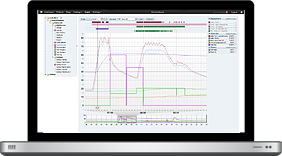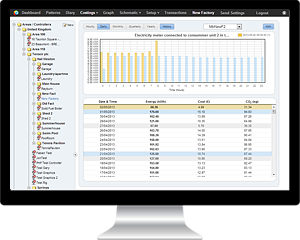Thousands of households face £362 jump in energy bills

Almost 193,000 households face paying £362 extra on their energy bills as more than 60 fixed-price gas and electricity deals are about to end, a news source has been able to suggest.
Expiring deals from 13 different suppliers, including four of the “big six” players – British Gas, EDF, npower and Scottish Power – would add an estimated £42m to the energy bills. The 61 fixed deals typically end on 31 May, and customers on these tariffs will be automatically rolled on to their suppliers’ default tariffs, according to the price comparison website uSwitch.com. It added that these consumers needed to take action and find a cheaper deal.
The average “rollover” price increase has been put at £216 a year, but two expiring npower deals – Online Energy Fix May 2019 and Online Broker Fix May 2019 – would result in hikes of £362 and £343 respectively, assuming a household with medium annual consumption on a dual-fuel tariff paying by monthly direct debit.
Part of the reason many of the increases are so large is that Ofgem’s new, higher price cap – which sets an upper limit for default tariffs – came into force on 1 April. The regulator’s controversial price ceiling only came into existence at the beginning of January, and was designed to protect around 11 million customers on default tariffs, which are often very poor value.
However, on 1 April, the level of the cap was upped by £117 a year, or 10%, to £1,254 for a typical default tariff customer. All the big energy firms have increased their default tariffs up to the maximum the new cap allows.
HeatingSave – helping you save energy and money
If you’re looking for an alternate way of saving up to 30%+ on your energy bills, then HeatingSave is just the thing to consider.
Building Management Systems are capable of delivering extensive monitoring and control options, compared to basic controls. They typically employ data from a variety of sources (boiler flow and return sensors, internal and external temperature sensors, occupancy sensors, humidity sensors, etc.), and enable the perfect optimization of a building’s boiler-based central heating system.
HeatingSave is also approved to work and save fuel within the Energy Technology List, which is managed by the Carbon Trust on behalf of the Government. It is also approved by the Department of Energy & Climate Change and the Energy Savings Trust and was specified by the Building Research Establishment for the energy efficient homes retro-fit program, called The Greenhouse Project.
If you’d like to find out more about HeatingSave’s accreditations, just visit the dedicated section on our website, and for any other information, just get in touch with our dedicated product team.






